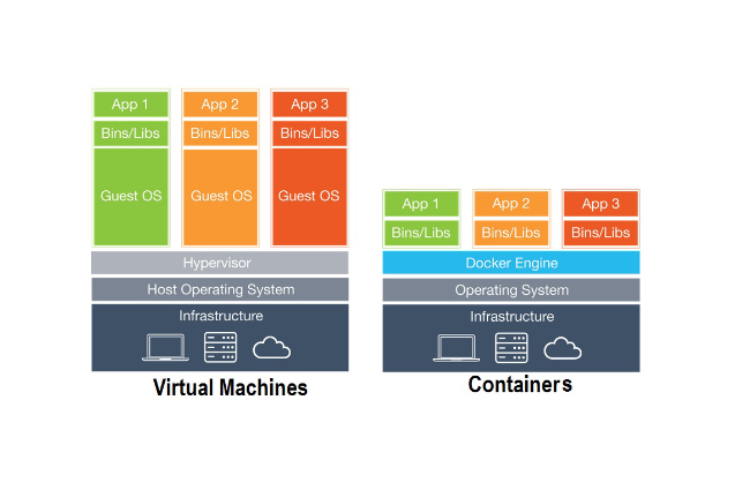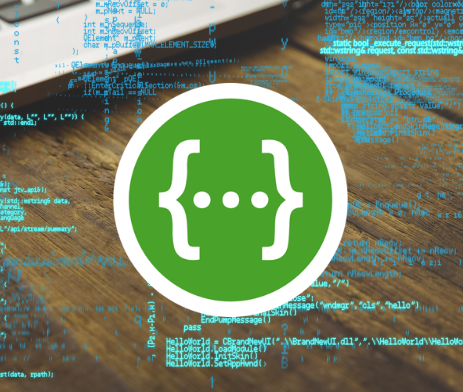
Docker vs Virtual Machine | Understanding the Differences
When it comes to cloud computing, VMware has long become the industry standard due to its numerous benefits. Including the ability to run several OS environments without interfering with each other, the variety of virtual machine types available, and a consolidated toolkit that allows VM management simple. Consider this: What if you had a VMware solution that was more lightweight, cost-effective, and scalable? Docker is just that: a container technology that allows users to build distributed applications very quickly.
Docker is a container-based platform for developing distributed software. In this article, I’ll describe the difference between virtual machines and Docker containers.
What is a Virtual Machine?
A virtual machine is a device that simulates the behaviour of a computer.
In basic words, it allows you to run what seems to be several machines on a single computer’s hardware. The underlying operating system for each virtual machine is needed, and then the hardware is virtualized.
What is Docker?
Docker is a container-based tool that makes creating, deploying, and running applications much more straightforward. It encapsulates an application and all of its dependencies within a container.
Docker vs VM
Docker and VM differ significantly in terms of operating system support, security, portability, and performance.
Operating System Support

Virtual machines and Docker containers have very different operating system support. As you can see in the picture above, each virtual machine’s guest operating system runs on top of the host operating system, making virtual machines bulky. But when comes to Docker, Docker containers share the host operating system, which is why they are lightweight.
The containers share the host operating system, making them very light and allowing them to boot up in a matter of seconds. As a result, when compared to virtual computers, the overhead of managing the container mechanism is very minimal.
Docker containers are best used when you need to run multiple programs on a single operating system kernel. On the other hand, virtual machines are available if you have programs or servers that need to run on various operating system versions.
Security
The virtual machine does not share its operating system, and the host kernel is highly isolated. As a result, they are more stable than Containers.
Since containers share a host kernel, they pose several security threats and vulnerabilities.
Furthermore, since docker resources are shared and not namespaced, an attacker who gains access to even one container in a cluster will manipulate the entire cluster. You don’t have direct access to resources in a virtual machine, and the hypervisor is there to control how those resources are used.
Portability
Docker containers are lightweight and compact since it doesn’t have a separate operating system. Docker container can be ported to a different operating system and run right away. Virtual Machines, on the other hand, have their own operating system, therefore porting it more complex than porting containers. It often takes a long time to port a virtual machine due to its complexity.
Docker containers are suitable for programming purposes where software must be developed and tested across several platforms.
Performance
Docker’s lightweight architecture and resource-saving functionality make it a safer option than a virtual machine. As a result, containers can start up much faster than virtual machines, and resource consumption varies based on the load or traffic in the container.
Containers, unlike virtual computers, do not need a permanent allocation of energy. Compared to virtual machines, scaling up and duplicating containers is also simple since they do not require the installation of an operating system.



